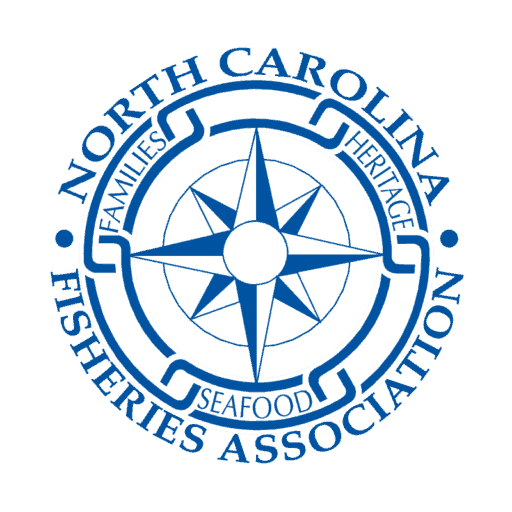|
July 14, 2021 — The following is an excerpt from an article published by Seafood Source:
On 5 August, 2020, the Atlantic States Marine Fisheries Commission adopted ecological reference points (ERPs) for Atlantic menhaden, changing how the stock’s quota was managed.
The move meant that quota determinations for menhaden – a forage species for a variety of ocean predators on the Atlantic coast of the U.S. – would be based on ERPs. The final quota decision will now be made based on the availability of the stock, and on the influence it has on the predatory species that consume menhaden as a primary food source.
The move was welcomed by both environmental groups and industry members. The Chesapeake Bay Foundation, one of the nonprofits that had pushed for ERPs to be considered in setting the quota, applauded the new quota system as a “first step to formally considering the importance of menhaden to other predators, including striped bass, bluefish, and weakfish.”
However, a new study published in Conservation Biology, “Evaluating impacts of forage fish abundance on marine predators,” has found that an ecosystem-based approach to setting quotas may end up not having any impacts at all. The study found that, for many predatory species relying on forage fish, extra management efforts are unlikely to bring any extra benefits.
“Our work suggests that the sustainable limits that we already employ are sufficient for maintaining forage fish abundance above the thresholds that are necessary for their predators,” Chris Free, a postdoctoral scholar at the University of California-Santa Barbara and study’s authors, said. “Predators are highly mobile, they have high diet flexibility, and they can go and look for forage fish in places where they’re doing well, switch species for species that are doing well, and have often evolved to breed in places where there’s high and stable forage fish abundance.”
The study found that of 45 predator populations examined, only six were positively influenced by extra forage that could result from utilizing ERPs.
At the core of the study was the finding that in areas with strong fisheries management, changing to an ecosystem approach had little impact.
“In places of the world where we already have really strong, very effective fisheries management, additional limitations on forage fish catch are not likely to benefit their predators,” Free said.
Read the full story here
|

